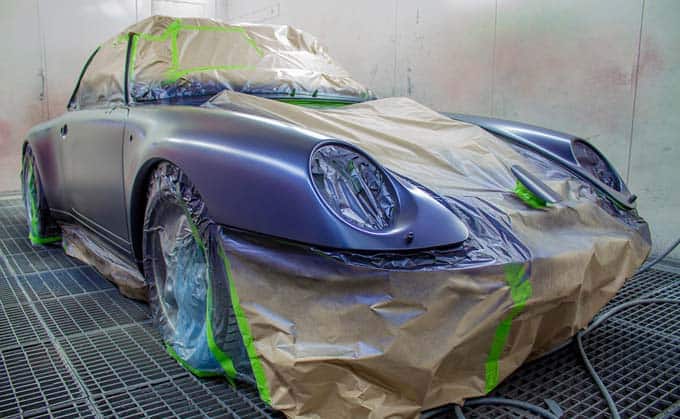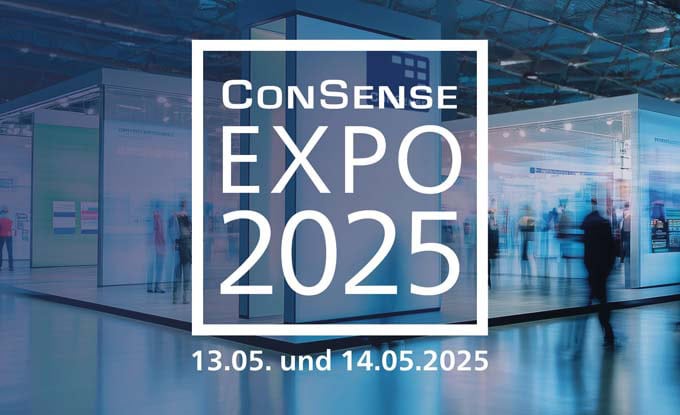Increase quality and efficiency with artificial intelligence
A research team from Fraunhofer IPA wants to make the painting of plastic parts in automotive and commercial vehicle manufacturing more efficient with the help of artificial intelligence. Intelligent algorithms are to evaluate all the data generated during the painting process. This will make it possible to warn of errors at an early stage.

The painting of plastic parts for automotive construction is complex. What's more, it is still considered to be a process that cannot be consistently controlled. Rejects, system failures and rework are still too frequent, much to the chagrin of manufacturers, because, for example, the specified paint layer thickness cannot be maintained everywhere. A research team at the Fraunhofer Institute for Manufacturing Engineering and Automation IPA has now set out to increase quality and efficiency in equal measure: the number of defects is to be reduced by 30 percent and downtimes by 20 percent. In addition, paint consumption is to be reduced by 10 percent, according to another goal of the scientists.
More quality and efficiency
This is to be achieved by combining the quality data, such as visible coating defects or the measurement data of the coating layer thickness, with the process data from the system control. The data will then be used to create a fine-granular behavior model, which will be evaluated using a machine learning process. The algorithms should detect impending quality deviations at an early stage and also immediately point out their cause.
Promising AI thanks to high level of automation and digitization
The researchers intend to focus on the painting of bumpers, rearview mirrors, door handles and other add-on parts made of plastic in the automotive and commercial vehicle sector. "In this industry, there is a large product volume and thus also a lively interest in efficiency improvements," says Oliver Tiedje, head of the Wet Application and Simulation Technology group at Fraunhofer IPA. "Furthermore, there is a very high degree of automation and digitization in painting process plants, which makes the use of AI promising."
Project duration until 2024
The research project "Increasing the efficiency of painting processes through multilayer networking of process and quality data using self-learning behavior modules" (pAInt-Behaviour) will run until May 31, 2024 and is supported by the German Federal Ministry of Education and Research with almost 1.3 million euros. In addition to Fraunhofer IPA, the project partners are b+m surface systems GmbH, AOM Systems GmbH, Helmut Fischer GmbH Institut für elektronische Messtechnik (HFI) and SMP Automotive GmbH.
Source: Fraunhofer IPA









